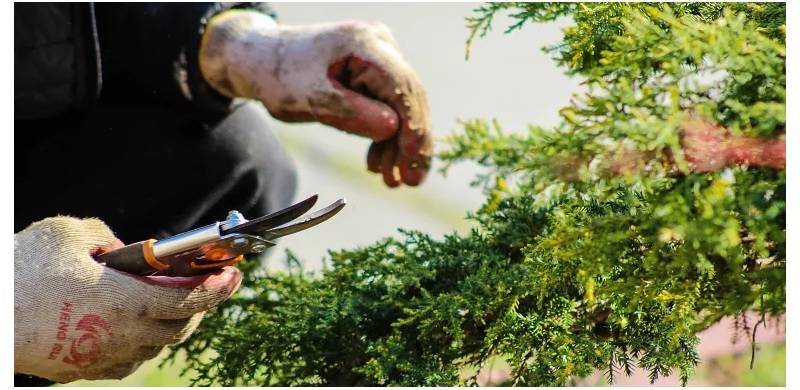
Plants make noise when under stress for fear of being cut or when they are thirsty, a new research has revealed.
According to Israeli scientists, it may not be audible for human ears but the plants do make noise. On how the sound is like, they described it as a 'clicking sound'.
The researchers made the discovery during a study spanning six years, wherein they 'listened' to different types of plants, including tomatoes, tobacco, grapevines, and wheat, Euro News reported.
The scientists, however, said more research is needed on the subject. The findings were published this week in the peer-reviewed journal Cell Press.
Who can hear the sound?
The researchers also said that the frequency of the noise is 'too high' for human ears, but it could be heard by insects or mammals.
Research method
The researchers picked 'healthy' and 'stressed' plants and 'heard' them using microphones. “We recorded the sounds emitted by plants, we used mostly tomato and tobacco, but we also recorded wheat corn, grapevine, cacti,” said lead author Lilach Hadany.
Hadany explained that the team made use of certain methods to bring the plants 'under stress'. “We used mostly two stresses, drying the plant and cutting it with scissors, and in both cases they emit sounds.
"During dehydration, if we stop watering the plant, it started emitting a sound, about day two it peaks.”
To ensure accurate results, the recordings were made inside a soundproofed acoustic chamber and in a greenhouse environment.
Once recorded, the researchers trained a machine-learning algorithm so it could differentiate between 'happy', stressed (cut), and thirsty plants.
The several samples of the ultrasonic sounds were put together in a small timeframe, and the frequency was changed, so that it becomes audible for human ear.
According to Hadany, an evolutionary biologist, ultrasonic vibrations were recorded earlier, but not while being transmitted through the air.
According to Israeli scientists, it may not be audible for human ears but the plants do make noise. On how the sound is like, they described it as a 'clicking sound'.
The researchers made the discovery during a study spanning six years, wherein they 'listened' to different types of plants, including tomatoes, tobacco, grapevines, and wheat, Euro News reported.
The scientists, however, said more research is needed on the subject. The findings were published this week in the peer-reviewed journal Cell Press.
Who can hear the sound?
The researchers also said that the frequency of the noise is 'too high' for human ears, but it could be heard by insects or mammals.
Research method
The researchers picked 'healthy' and 'stressed' plants and 'heard' them using microphones. “We recorded the sounds emitted by plants, we used mostly tomato and tobacco, but we also recorded wheat corn, grapevine, cacti,” said lead author Lilach Hadany.
Hadany explained that the team made use of certain methods to bring the plants 'under stress'. “We used mostly two stresses, drying the plant and cutting it with scissors, and in both cases they emit sounds.
"During dehydration, if we stop watering the plant, it started emitting a sound, about day two it peaks.”
To ensure accurate results, the recordings were made inside a soundproofed acoustic chamber and in a greenhouse environment.
Once recorded, the researchers trained a machine-learning algorithm so it could differentiate between 'happy', stressed (cut), and thirsty plants.
The several samples of the ultrasonic sounds were put together in a small timeframe, and the frequency was changed, so that it becomes audible for human ear.
According to Hadany, an evolutionary biologist, ultrasonic vibrations were recorded earlier, but not while being transmitted through the air.

